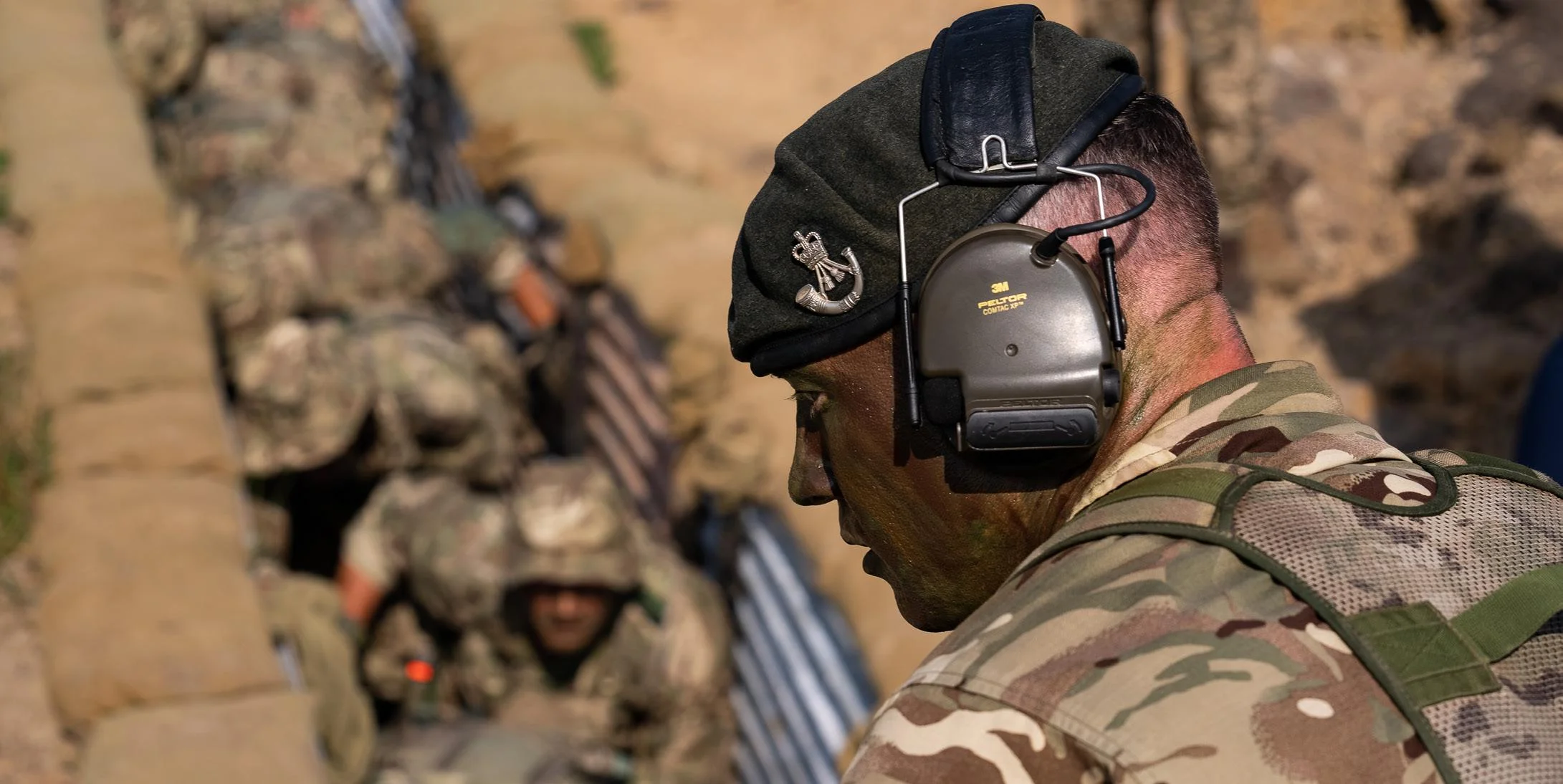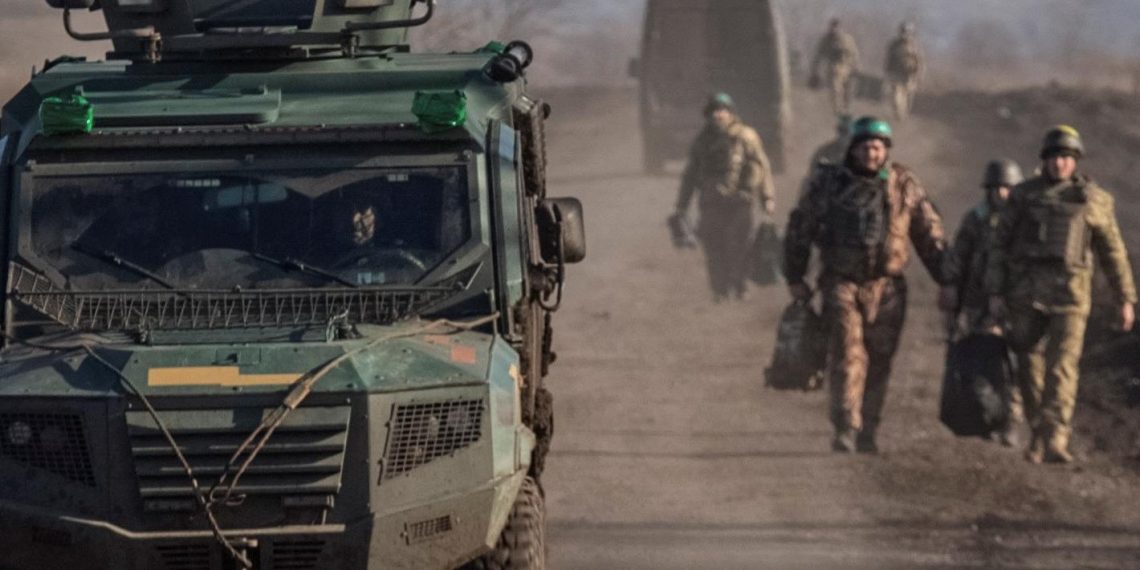The recent collaboration between the U.S. military and Israel in thwarting a barrage of Iranian missiles and drones suggests a readiness for potential conflicts.
However, experts caution that the current positioning of U.S. forces may not suffice for prolonged engagement in the Middle East.
Michael Mulroy, a former deputy assistant secretary of defense for the Middle East, highlights concerns over inadequate forces to support Israel in a direct war with Iran.

While Tehran has indicated no immediate retaliation, the tit-for-tat strikes between Iran and Israel raise fears of a regional conflict, challenging U.S. efforts to prevent escalation.
U.S. Army General Michael “Erik” Kurilla notes a shortfall in intelligence assets and targeting expertise, hindering the detection and disruption of violent extremist plots.
This deficit, exacerbated by a focus on other global priorities, poses challenges to effective military operations in the region.
The surge of U.S. troops into the Middle East follows escalating tensions since Hamas militants triggered a conflict in Gaza, prompting unrest across the region.

The temporary deployment of troops on warships and aircraft suggests a reliance on surge forces, which may strain sustainability in the face of prolonged conflicts.
Joseph Votel, a retired Army general, emphasizes the need to reassess military capabilities in the region, especially considering the unpredictability of the current situation.
Despite calls for bolstering intelligence assets and troop presence, challenges remain, including competing priorities in Europe and Asia.





